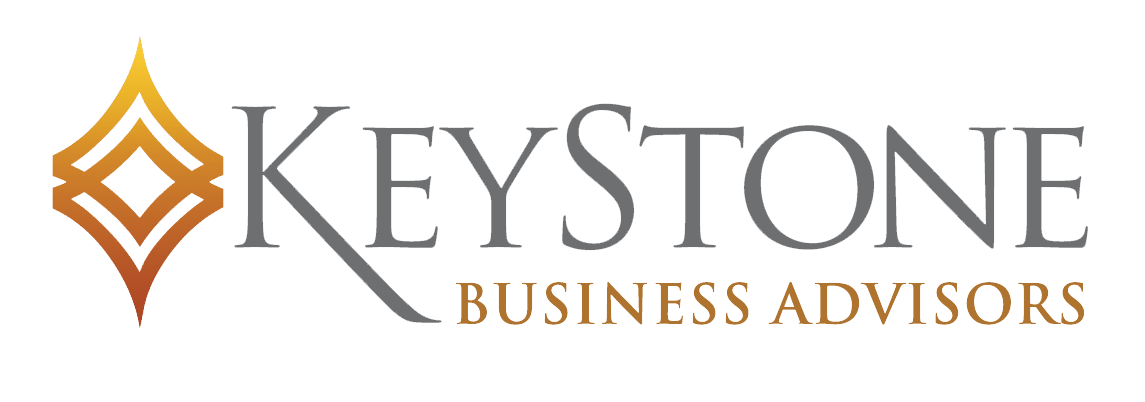Can Baby Boomers Reduce Financial Risk by Selling their Small Business?
Imagine your financial advisor telling you to invest 80% of your net worth into one stock. This may sound crazy, but small business owners are doing this every day.
It is well known that investment diversification is one of the more important ways to reduce financial risk to an investment portfolio. According to Investopedia, “diversification is a technique that reduces risk by allocating investments among various financial instruments, industries and other categories”.
For better or worse, the majority of net worth of a successful small business owner is most likely held within their own company.
According to the FPA/CNBC Business Owner Succession Planning Survey released earlier this year, an estimated 10 million small-business owners plan to sell their businesses over the next ten years. Most of these business owners are baby boomers. According to the study almost 80% of small business owners are relying on the proceeds for retirement. The scary fact is that the average small business owner is anticipating between 60% to 100% of their retirement needs will come from the sale of their small business.
For retiring baby boomers that own small businesses this can become progressively frightening. The big question is about how and when to sell your business. We address some of the answers to that question here: When is the Right Time to Sell My Business?
Deciding when to sell is important. A business owner needs to ask him or herself a few poignant questions such as; “how long can I hold this risk?”, “what is the worst case scenario if the industry dramatically shifts?”, “what happens to my business value if my largest customers go away?”.
It took years of hard work in the face of many risks to build and grow a successful business; however as the business owner begins to near retirement age, the idea to minimize risk is not a bad idea. Unfortunately, most business owners have become used to the constant risk that is inherent in owning a small business.
Business owners that decide to sell are typically overzealous when it comes to the price, terms, and ability to sell. Most business owners do not realize how hard it is to sell a business. Most businesses will never sell, and only about 20% of marketed businesses will ever sell. Real risk, and perceived risk, both lower the possible selling price of a business. Buyers typically see risk where the seller has been accustomed to years of stability or uncertainty. (We will deal with this issue in an upcoming blog post.)
This begs the questions: Why would a business owner continue far into their retirement years owning a business? We believe this is partly psychological. It is very hard to part with something you have put your life’s blood, sweat, and tears into. Some owners just don’t know where to start.
If you are a small business owner nearing retirement age, or you know a small business owner nearing retirement age, we can help you by giving you a strong understanding of what your business would sell for on the market. We can then discuss the options of taking it to market, or improving and growing it to possibly sell for more.
